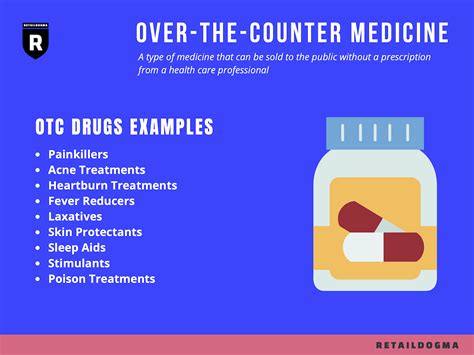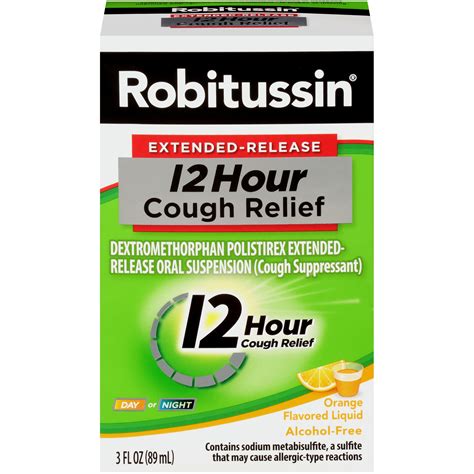Intro
Coughing is a common symptom that can be caused by a variety of factors, including viral or bacterial infections, allergies, and environmental irritants. It can be a frustrating and debilitating symptom, especially when it persists for an extended period. Fortunately, there are several remedies and treatments that can help relieve coughing and provide relief from its associated discomfort.
Coughing is a natural reflex that helps to clear the airways of irritants and excess mucus. However, when it becomes excessive or persistent, it can interfere with daily activities and disrupt sleep. In some cases, coughing can be a sign of an underlying medical condition that requires attention. It is essential to identify the underlying cause of coughing to determine the most effective treatment.
There are several types of coughs, including dry coughs, wet coughs, and coughs with mucus. Each type of cough requires a different approach to treatment. For example, a dry cough may be relieved with cough suppressants, while a wet cough may require expectorants to help loosen and clear mucus. Understanding the type of cough and its underlying cause is crucial in selecting the most effective treatment.
Home Remedies for Cough Relief

There are several home remedies that can help relieve coughing. These remedies are often simple, inexpensive, and can be effective in providing relief from coughing. Some of the most common home remedies for cough relief include staying hydrated, using a humidifier, and gargling with salt water. Drinking plenty of fluids, such as water, tea, and soup, can help to thin out mucus and soothe the throat. Using a humidifier can add moisture to the air, which can help to relieve congestion and coughing.
Natural Cough Remedies
Some natural cough remedies include honey, ginger, and thyme. Honey has antibacterial and anti-inflammatory properties that can help to soothe the throat and relieve coughing. Ginger has anti-inflammatory properties that can help to reduce inflammation and relieve congestion. Thyme has antibacterial properties that can help to combat infections and relieve coughing. These natural remedies can be consumed as teas, added to food, or used as gargles.Over-the-Counter Cough Medications

Over-the-counter cough medications can provide relief from coughing. These medications can be purchased without a prescription and are available in various forms, including tablets, capsules, and syrups. Some common over-the-counter cough medications include cough suppressants, expectorants, and combination products. Cough suppressants, such as dextromethorphan, can help to relieve dry coughs by reducing the cough reflex. Expectorants, such as guaifenesin, can help to loosen and clear mucus from the airways.
Cough Medication Ingredients
It is essential to read and follow the label instructions when using over-the-counter cough medications. These medications can have side effects, such as drowsiness, dizziness, and stomach upset. It is also important to be aware of the ingredients in these medications, as some may interact with other medications or have adverse effects in certain individuals. For example, some cough medications may contain acetaminophen, which can be toxic in high doses.Prescription Cough Medications

In some cases, prescription cough medications may be necessary to relieve coughing. These medications are available by prescription only and are typically used to treat underlying medical conditions, such as asthma or chronic bronchitis. Prescription cough medications can include inhalers, such as bronchodilators and corticosteroids, which can help to open up the airways and reduce inflammation.
Cough Medication Side Effects
Prescription cough medications can have side effects, such as headaches, nausea, and diarrhea. It is essential to follow the instructions provided by the doctor and to report any side effects or concerns. In some cases, prescription cough medications may interact with other medications or have adverse effects in certain individuals. For example, some prescription cough medications may contain codeine, which can be addictive and have serious side effects.Lifestyle Changes for Cough Relief

Making lifestyle changes can help to relieve coughing. These changes can include quitting smoking, avoiding exposure to environmental irritants, and getting plenty of rest. Quitting smoking can help to reduce the risk of respiratory problems, such as chronic bronchitis and lung cancer. Avoiding exposure to environmental irritants, such as dust and pollen, can help to reduce the risk of allergic reactions and respiratory problems.
Cough Prevention Tips
There are several tips that can help to prevent coughing. These tips include practicing good hygiene, such as washing hands frequently, and avoiding close contact with individuals who have respiratory infections. Getting vaccinated against flu and pneumonia can also help to prevent respiratory infections and reduce the risk of coughing.When to Seek Medical Attention

In some cases, coughing can be a sign of an underlying medical condition that requires attention. It is essential to seek medical attention if coughing persists or worsens over time, or if it is accompanied by other symptoms, such as fever, chest pain, or difficulty breathing. A doctor can diagnose the underlying cause of coughing and provide treatment to relieve symptoms and prevent complications.
Diagnosing the Underlying Cause of Coughing
A doctor can diagnose the underlying cause of coughing by performing a physical examination, taking a medical history, and ordering diagnostic tests, such as chest X-rays and lung function tests. In some cases, a doctor may refer an individual to a specialist, such as a pulmonologist or an allergist, for further evaluation and treatment.Cough Relief Products

There are several products available that can help to relieve coughing. These products include cough drops, throat sprays, and cough syrups. Cough drops can help to soothe the throat and relieve dry coughs. Throat sprays can help to numb the throat and relieve pain. Cough syrups can help to relieve coughing and reduce congestion.
Cough Relief Product Ingredients
It is essential to read and follow the label instructions when using cough relief products. These products can have side effects, such as drowsiness, dizziness, and stomach upset. It is also important to be aware of the ingredients in these products, as some may interact with other medications or have adverse effects in certain individuals. For example, some cough relief products may contain honey, which can be beneficial for soothing the throat, but may not be suitable for individuals with honey allergies.What are the most common causes of coughing?
+The most common causes of coughing include viral or bacterial infections, allergies, and environmental irritants. Other causes of coughing can include asthma, chronic bronchitis, and lung cancer.
How can I relieve coughing at home?
+There are several home remedies that can help to relieve coughing, including staying hydrated, using a humidifier, and gargling with salt water. Drinking plenty of fluids, such as water, tea, and soup, can help to thin out mucus and soothe the throat.
What are the best over-the-counter cough medications?
+The best over-the-counter cough medications include cough suppressants, expectorants, and combination products. Cough suppressants, such as dextromethorphan, can help to relieve dry coughs by reducing the cough reflex. Expectorants, such as guaifenesin, can help to loosen and clear mucus from the airways.
When should I seek medical attention for coughing?
+It is essential to seek medical attention if coughing persists or worsens over time, or if it is accompanied by other symptoms, such as fever, chest pain, or difficulty breathing. A doctor can diagnose the underlying cause of coughing and provide treatment to relieve symptoms and prevent complications.
How can I prevent coughing?
+There are several tips that can help to prevent coughing, including practicing good hygiene, avoiding exposure to environmental irritants, and getting plenty of rest. Quitting smoking can also help to reduce the risk of respiratory problems, such as chronic bronchitis and lung cancer.
In conclusion, coughing can be a frustrating and debilitating symptom, but there are several remedies and treatments that can help to relieve it. By understanding the underlying cause of coughing and selecting the most effective treatment, individuals can find relief from coughing and prevent complications. It is essential to seek medical attention if coughing persists or worsens over time, or if it is accompanied by other symptoms, such as fever, chest pain, or difficulty breathing. By taking a proactive approach to cough relief and prevention, individuals can breathe easier and live healthier lives. We invite you to share your thoughts and experiences with cough relief in the comments section below, and to share this article with others who may be struggling with coughing.
